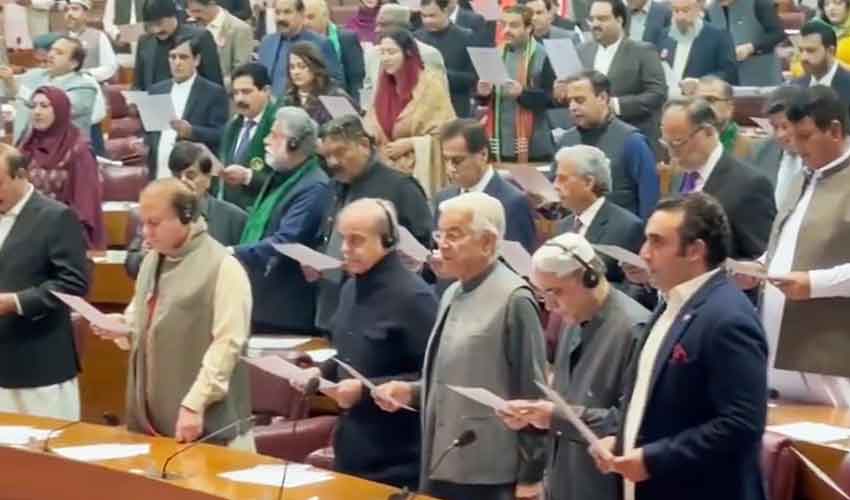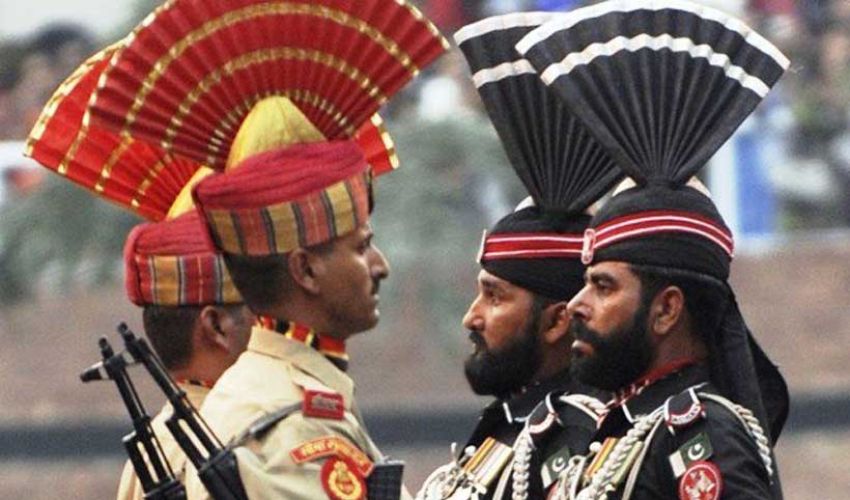After the completion of the phase for allotting reserved seats in the National Assembly, a strong ruling coalition with a decisive two-thirds majority has emerged.
With the ruling coalition securing a commanding two-thirds majority in the National Assembly, the total number of coalition members has surged to 229, consolidating their position as the dominant force in the legislative body.
The distribution of seats within the ruling coalition reveals that the Pakistan Muslim League-Nawaz (PML-N) is leading with 123 seats, followed by the Pakistan Peoples Party (PPP) with 73 seats and the Muttahida Qaumi Movement (MQM) with 22 seats.
Additionally, the PML-Q has secured five seats, the Istehkam-e-Pakistan Party (IPP) has four, and the PML-Zia and Balochistan Awami Party (BAP) have each clinched one seat.
In the 336-member National Assembly, the two-thirds majority threshold comprises 224 members, solidifying the ruling coalition's hold on power and its ability to enact legislative agendas effectively.
Beyond the ruling coalition, other political entities have also secured notable representation in the National Assembly. The Sunni Ittehad Council has 82 seats, and the Jamiat Ulema-e-Islam 11. Additionally, one member each from the Pakhtunkhwa Milli Awami Party and the Majlis-e-Wahdatul Muslimeen have been accounted for.
Furthermore, there are eight independent members in the National Assembly who have not joined any party.
The completion of seat allotment marks a pivotal moment in Pakistan's political trajectory, setting the stage for robust legislative deliberations and policy initiatives. As the ruling coalition assumes its mandate with a formidable majority, all eyes are on the National Assembly to witness the unfolding of parliamentary dynamics and the pursuit of national priorities.



























